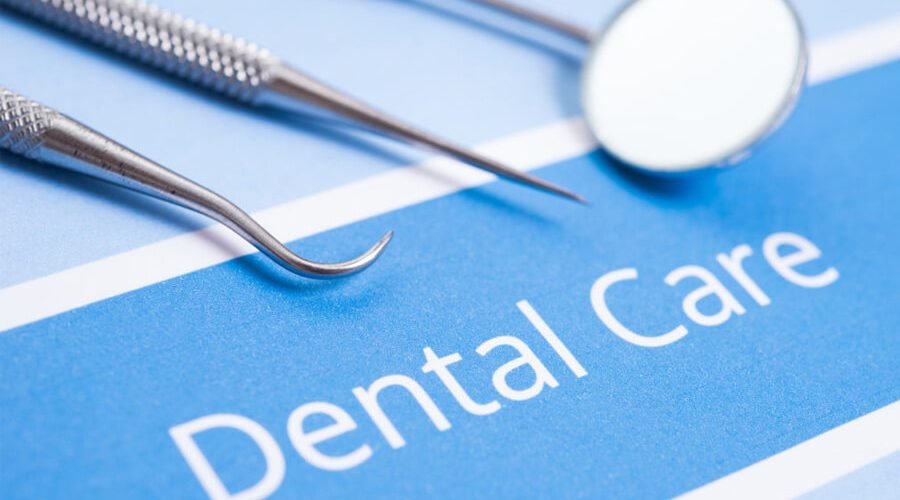Over 130 million people in the United States lack private dental insurance. About 22% of younger children aged 1-17, 40% of adults aged 21-64, and 70% of the elderly aged 65 and up. Medicaid provides medical assistance to low-income individuals, families, and seniors.
Medicaid dental benefits can easily get lost in the mix, even for those who understand their value on paper. You might not know how they work or how they could apply for good dental services in Honolulu. Read to learn things you may not know about Medicaid dental benefits.
Medicaid Dental Benefits
These services may vary depending on the dental practice you visit and the kind of care they provide;
- Checkups, dental cleanings, and x-rays every 6 months
- Tooth-colored fillings for front teeth and silver ones for back teeth
- Pulling teeth
- Root canal treatment for specific teeth
- Orthodontic care for kids
- Emergency exams for acute pain
Table of Contents
Who Is Eligible?
Each state runs its own Medicaid program as outlined by federal law. It means eligibility requirements vary by state. However, all states must cover children under 21 years who don’t have other insurance options through their parents’ employer or private insurance company.
Medic Aid for Children 21 Years and Below
Children and young adults under 21 undergo periodic screening, diagnosis, and treatment (EPSDT) benefits; patients can access preventative and diagnostic dental care, treatment, and emergency services. Education and screenings enable health problems in children and adolescents to be identified early and treated effectively.
Medicaid for Adult Dental Care
Medicaid dental coverage varies from state to state. In some states, it’s limited to emergency care; in others, it can include routine checkups and cleanings. But there are limitations on dental work done within a year.
Connecticut and Illinois restrict the number of fillings placed annually to one, the number of crowns placed every five years to one, and the number of root canals performed on any given tooth in a person’s lifetime to one.
States Providing Medicaid Adult Emergency Services
Eight states offer “emergency services,” limited to pain and infection alleviation in dentistry. For instance, a patient with an abscess in their mouth would be eligible for urgent dental care.
States that provide adult Medicaid emergency dental services include:
- Arizona
- Florida
- New Hampshire
- Nevada
- Georgia
- Hawaii
- Texas
- Utah
States Providing Medicaid Adult Limited Dental Services
Medicaid covers preventive and restorative dental procedures in the 14 states that offer some form of dental coverage for adult residents. Significant repairs, however, are rarely paid for.
For adults, Medicaid only covers limited dental care in the following states:
- Arkansas
- Delaware
- Kentucky
- Louisiana
- Indiana
- Kansas
- Michigan
- Minnesota
- Nebraska
- Pennsylvania
- South Carolina
- Wyoming
- Mississippi
- Missouri
States that Provide Comprehensive Medicaid Adult Dental Services
More than a hundred ADA-recognized diagnostic and preventative services, in addition to minor and major restorative procedures, are covered by Medicaid dental plans in twenty-five states. States where Medicaid covers extensive adult dental treatment are:
- West Virginia
- Wisconsin
- Alaska
- California
- District of Columbia
- Idaho
- Illinois
- Colorado
- Connecticut
- Iowa
- Maine
- New Jersey
- New Mexico
- New York
- Massachusetts
- Montana
- North Carolina
- North Dakota
- Ohio
- Oklahoma
- South Dakota
- Vermont
- Virginia
- Oregon
- Rhode Island
- Washington
States that Don’t Provide Medicaid Dental Adult Services
While some states provide dental care, others don’t provide Medicaid dental benefits. Here are three states that don’t offer Medicaid dental services:
- Alabama
- Maryland
- Tennessee
Medicaid Dental Services During Pregnancy
Pregnant women can access dental care through Medicaid. Medicaid recipients in your state are eligible for a more comprehensive range of dental care benefits. For instance, individuals in Michigan can only access limited dental care under the state’s Medicaid program; pregnant women can access comprehensive dental coverage.
Few Dentists Accept Medicaid
It’s not easy to find a dentist in your area that accepts Medicaid. 20% of dentists will accept Medicaid patients, and some don’t. On average, only one in five dentists accepts Medicaid as a payment method.
Medicaid doesn’t pay as much as private insurance or Medicare does. So, many dentists don’t want to accept it, mainly because they can’t offer the same level of care they would like to provide without charging more than what’s covered by Medicaid.
Before you head to the dentist, ensure they accept Medicaid. You can call your dentist’s office and ask if they accept Medicaid. It will be noted on their website or advertising materials if they do.
Medicaid dental benefits fill the gap when it comes to coverage of oral health care. When you don’t spend your allotted money in one year for dental benefits, it will not carry over to the following year. By using your money, you fail to maximize the money you can use for other things you need to try out.





